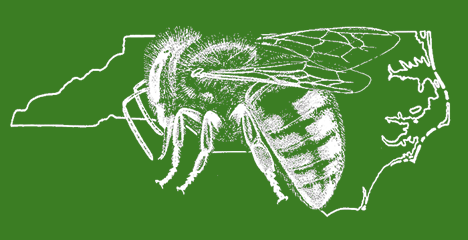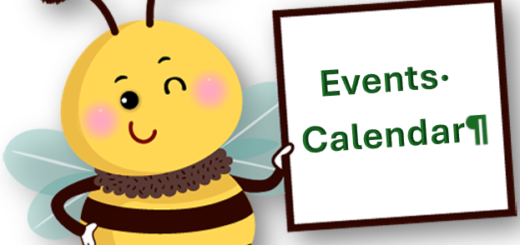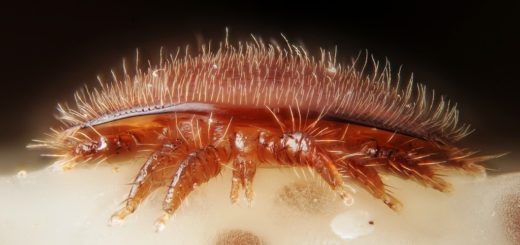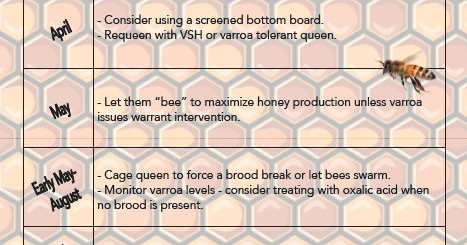Introduction
Are you interested in sharing your time and expertise in mentoring new or inexperienced beekeepers? The Chatham County Beekeepers’ Association is partnering with David Eckert, Director of the highly successful Orange County Mentoring Program, to help us build a sustainable and robust program of our own here in Chatham County. It’s no secret that the attrition rate is high for first-time beekeepers. CCBA recognizes the need to focus more attention on supporting new beekeepers.
David has fine-tuned, over the years through trial and error, a mentoring program that is structured in a way that ensures new beekeepers are supported while also ensuring the mentors are not overtaxed. He calls this a Cluster methodology.
Why volunteer to mentor?
- There’s no better way to learn and understand keeping honey bees than to help others learn.
- You will meet and get to know other beekeeping mentors near you.
- Guiding/mentoring a First Year Cluster can be counted toward your service credits for the Journeyman and Master Beekeeper Certifications through NCSBA.
- You’ll have a better idea of what is happening in the apiaries near yours.
- You can help to instill good beekeeping practices in the beekeepers near you.
- It’s a whole lot of fun!
What is a First Year Cluster?
First Year Clusters are groups of 7 to 10 new beekeepers that are located near each other and paired with 2 or 3 CCBA members that have experience in keeping honey bees. These clusters of beekeepers will work together to help the new beekeepers acquire the skills and knowledge needed to be successful in keeping honey bees, and to get their honey bee colonies through their first winter.
But I’m not a Master Beekeeper
The Cluster groups succeed when both intermediate and more experienced beekeepers contribute. For junior beekeepers, this program can offer a unique way to both help and learn in a fun and collegial environment.






